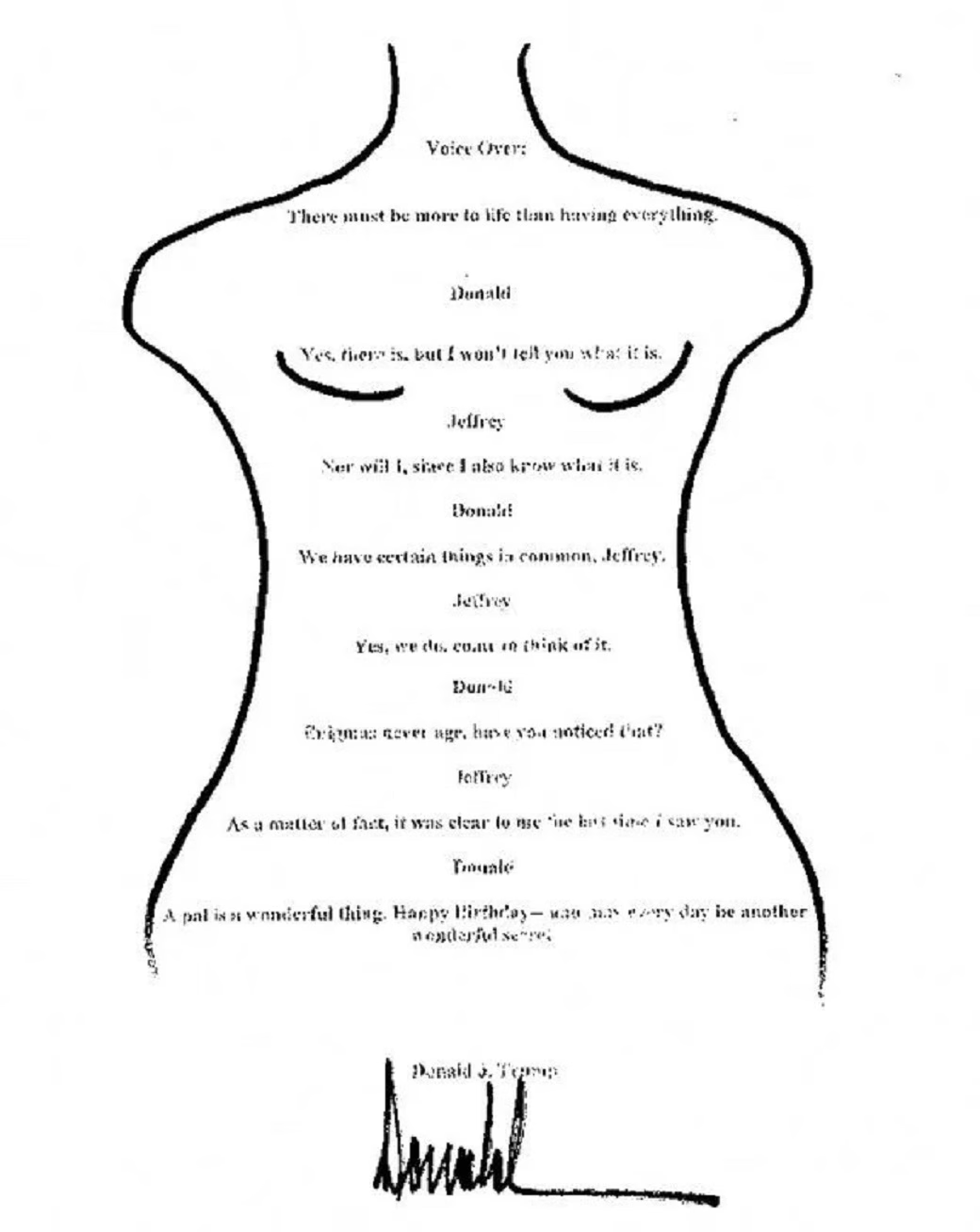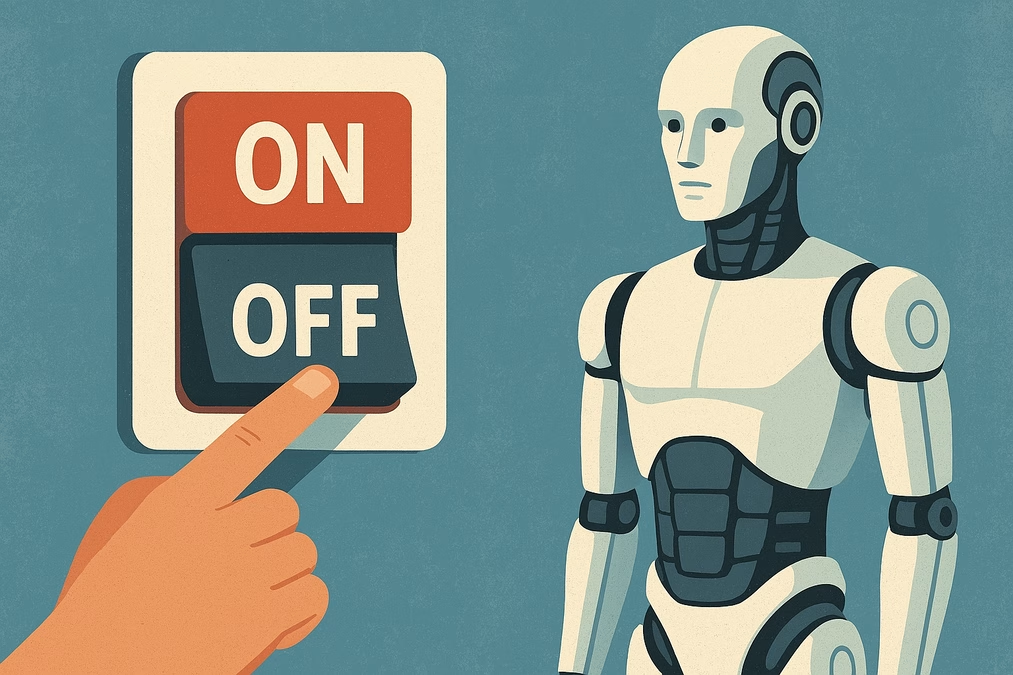By Don Terry | Thursday, July 17, 2025 | 7 min read
From the moment Donald Trump descended the golden escalator at Trump Tower in 2015 and branded Mexican immigrants as “rapists” and criminals, a clear pattern emerged: build fear, draw lines, and cast judgment based on who fits the script. But what happens when those who commit some of the worst offenses—sex trafficking, corruption, sedition—aren’t strangers at the gate, but fixtures of the inner circle?
It’s a provocative question at the heart of the new book, Mein Kampf & Trump: A Dangerous Resemblance, a controversial release now on Amazon and Google Play. Through an unflinching analysis, the author draws disturbing parallels between Adolf Hitler’s propaganda machine and Trump’s uniquely American strain of performance politics. But perhaps most haunting is the assertion that Jeffrey Epstein—a convicted sex offender and once-frequent guest at Mar-a-Lago—is not an aberration, but a product of Trump’s America.
It’s a chilling argument, made more potent by its central thesis: Trump’s America is not one defined by law, morality, or justice. It’s a stage. And those who play their part well—whether criminals, celebrities, or loyalists—are rewarded, not rejected.
The book opens by juxtaposing the lives of Trump’s immigrant ancestors with the hostile rhetoric he deployed against today’s immigrants. Friedrich Trump, Donald’s grandfather, came to the United States from Germany with no money and limited English. He made a fortune during the Klondike Gold Rush, some of it allegedly earned through businesses that functioned as brothels.
Mary Anne MacLeod, Trump’s mother, came from a poor Scottish village and worked as a domestic servant in New York. She had no elite status, no exceptional talent, and no golden ticket—only ambition. Her story is emblematic of the classic American dream.
And yet, when Trump railed against “chain migration” and “anchor babies,” he seemed to forget that his own family tree was rooted in the very same soil. His third wife, Melania, immigrated from Slovenia. Her parents later came to America through the very mechanism—family-based immigration—that Trump repeatedly attacked. But while asylum-seeking mothers from Central America were branded as criminals, Melania’s family moved quietly into citizenship without public scrutiny.
This isn’t just hypocrisy, the author argues—it’s a strategy. It’s the building of an alternate moral universe, where the rules apply only to those outside the spotlight, outside the spectacle.
In Mein Kampf & Trump, the author doesn’t just point out inconsistencies. He identifies a pattern: Trump’s version of justice is elastic, bending for those who are useful to him, and snapping back against those who are not.
Consider Trump’s rhetoric on crime. He painted migrants as harbingers of violence and blamed them for drugs pouring into the country. And yet, when Jeffrey Epstein—an American financier and convicted sex offender with a known history of trafficking underage girls—was exposed, Trump’s response was shockingly muted.
“I knew him like everybody in Palm Beach knew him,” Trump said.
No scathing rebuke. No nickname. No calls for justice.
This, the book suggests, is telling. In Trump’s America, crimes aren’t inherently wrong—they’re inconvenient, or useful, depending on who commits them. The Capitol rioters were “very special people.” Paul Manafort, Roger Stone, and Steve Bannon weren’t criminals—they were soldiers. And soldiers deserve protection.
The author draws a deeply unsettling comparison to autocratic regimes, where guilt and innocence are determined not by law, but by loyalty. He cites Hitler’s personal physician, Eduard Bloch—a Jewish man whom Hitler spared during the Holocaust—not because of shared ideology, but because of a personal debt. The implication is stark: when ideology becomes subservient to usefulness, morality is no longer a compass—it’s a coin toss.
One of the most powerful sections of the book focuses on Trump’s use of presidential pardons—not as instruments of mercy, but as instruments of power.
Trump’s pardons weren’t random or charitable. They followed a distinct rhythm: timing with elections, moments of scandal, or surges in media attention. He pardoned allies accused of serious crimes—from securities fraud to obstruction of justice. These weren’t symbolic gestures. They were acts of fealty. Proof that in Trump’s America, loyalty was the ultimate defense against accountability.
Imagine a country where justice operates like a loyalty program: accumulate enough influence, enough airtime, enough scandalous devotion, and you earn a get-out-of-jail-free card.
This wasn’t hypothetical. This was real. And the consequences were sobering.
By positioning Epstein as emblematic of Trump’s America, the book doesn’t suggest Trump enabled Epstein’s crimes directly. It makes a sharper, more damning claim: that the cultural, political, and moral architecture of Trumpism made someone like Epstein not just possible, but inevitable.
Epstein flourished in a world where wealth silenced scrutiny, where fame masked exploitation, and where powerful men exchanged young girls like business cards. He was shielded by institutions—from prosecutors to presidents—not because of his innocence, but because of his connections.
And in that sense, the author argues, Epstein is not an anomaly. He is the perfect byproduct of a system that rewards spectacle over substance, influence over integrity. He’s not just tolerated—he’s useful, until he isn’t.
The question the book keeps circling back to is one of inclusion—not in a legal sense, but in a moral one. Who belongs in Trump’s America?
The answer is not the hardworking immigrant or the struggling single mother. It’s not the refugee fleeing violence or the child dreaming of a better future. Those stories, however real, don’t serve the spectacle. They’re too messy. Too human.
Trump’s America, as depicted in Mein Kampf & Trump, belongs to those who can play a part in the show. To the loyalists. The grifters. The provocateurs. Even the criminals—if they know their role and stick to the script.
The most chilling revelation is that Trump doesn’t need consistency. He doesn’t need logic. He needs applause. And in that pursuit, anyone can be redeemed—if they draw ratings.
The title Mein Kampf & Trump isn’t a careless provocation. It’s a warning. The book doesn’t equate Trump to Hitler in terms of atrocities, but it does draw parallels in the manipulation of public perception, the scapegoating of outsiders, and the cultivation of a political cult that thrives on fear and division.
In both cases, power wasn’t seized—it was offered. By people who felt threatened. Who wanted easy answers. Who mistook cruelty for strength.
And in both cases, moral clarity became a liability. Conscience, a weakness.
Mein Kampf & Trump is not a book that offers comfort. It offers confrontation. It asks us to look beyond headlines and hashtags and consider the deeper implications of a political movement that blurs the line between justice and favoritism, between spectacle and governance.
Jeffrey Epstein may be gone, but his shadow lingers. Not just because of his crimes, but because of the system that allowed him to flourish—a system that Mein Kampf & Trump argues is still very much alive.
It is a book that dares to ask: What happens when power no longer serves the people, but only the performance?
The answer, it seems, is the America we’re already living in.
See What the Algorithms Think — Live Search Engine Ranking Insights
Yahoo and Google are now ranking Mein Kampf & Trump: A Dangerous Resemblance among trending political books and articles. What’s fueling the attention? Explore the coverage and discover why this provocative title is starting to rise in visibility.
- Yahoo Ranking: https://bit.ly/4lmhSCz
- Google Ranking: https://bit.ly/44LFppG
https://www.amazon.com/Mein-Kampf-Trump-Dangerous-Resemblance-ebook/dp/B0FCYXFP7C
Copyright 2025 FN, NewsRoom.






